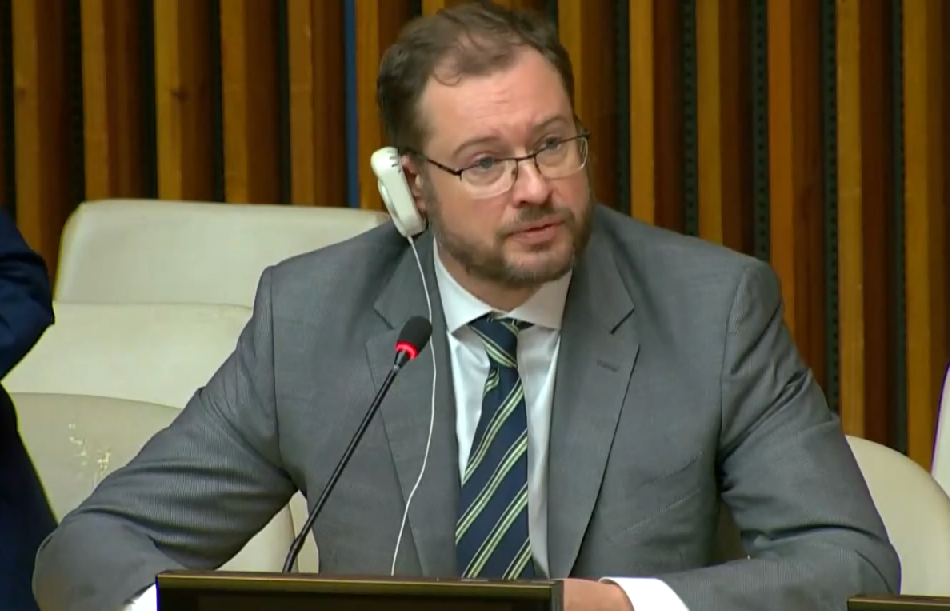Statement by Deputy Permanent Representative Dmitry Chumakov at the launch of the “Tracking SDG7: the Energy Progress Report” and SDG7 Policy Briefs 2022
Dear colleagues,
The Report that is launched today presents an important track of the UN contribution to sustainable energy. We see today’s briefing in the context of decisions of the GA (resolution 76/210) to task the Secretary-General to continue engagement with the Member States on the implementation of Sustainable Development Goal 7 as a follow-up to the high-level dialogue on energy.
It is however of concern, that declared objectives continue to limit the UN contribution only to renewables while this may leave practical needs of developing countries far behind. According to the UNCTAD report on the African Continental Free Trade Area 2021, despite remarkable potential of renewable energy, it cannot meet the needs of developing countries alone and fossil fuels will have a continuing role in their provision with reliable electricity access.
Voices of Africa itself should be heard. Some examples of African positions – without calling names: instead of strangling all fossil fuel projects there is a need to facilitate the flow of capital to the countries that need it most. In the name of climate justice and the right to development, there is a call that the continent is able to exploit its fossil gas for several more decades as a "transitional" energy.
Efforts to restrict fossil fuel investments in Africa are even harder to digest because many of the developed countries, including Japan, the United Kingdom, and the United States, Germany include natural gas in their own multidecade plans of transition to clean energy and will burn coal until at least 2038. Biggest private European and U.S. firms are even developing natural gas in Africa—in Ghana, Mozambique, Nigeria, and Senegal, among others, —for export to Asia and Europe.
Yet at the same time, their governments seek to choke off financing to gas projects for domestic use in Africa. A vivid comparison by NYT: developed nations are using a ladder to climb a wall, then pulling it up before developing countries can do the same.
Lack of timely and sufficient investment in the sector compounded by unilateral political restrictions cause pikes of inflation in the oil and gas industry.
We are convinced that the UN should accommodate more comprehensively for just transition and change. Principles of the Rio Declaration of 1992 state loud and clear (PP9, 11, 12): “standards applied by some countries may be inappropriate and of unwarranted economic and social cost to other countries, in particular developing countries”, “trade policy measures for environmental purposes should not constitute a means of arbitrary or unjustifiable discrimination or a disguised restriction on international trade”. It was recently recognized in Glasgow, that access to all financial and technological tools is an inalienable condition to ensure just energy transition.
All these considerations are in full consistency with the SDG in question, namely targets 7.1, 7.3, 7.a, 7.b, which should all find its place in the report and be reflected in the work of the GoF, DESA, the UN-Energy and the Technical Advisory Group. As one of the Global Champions of the UN HLD on Energy Russia looks forward to further cooperation on that track.
I thank you.
